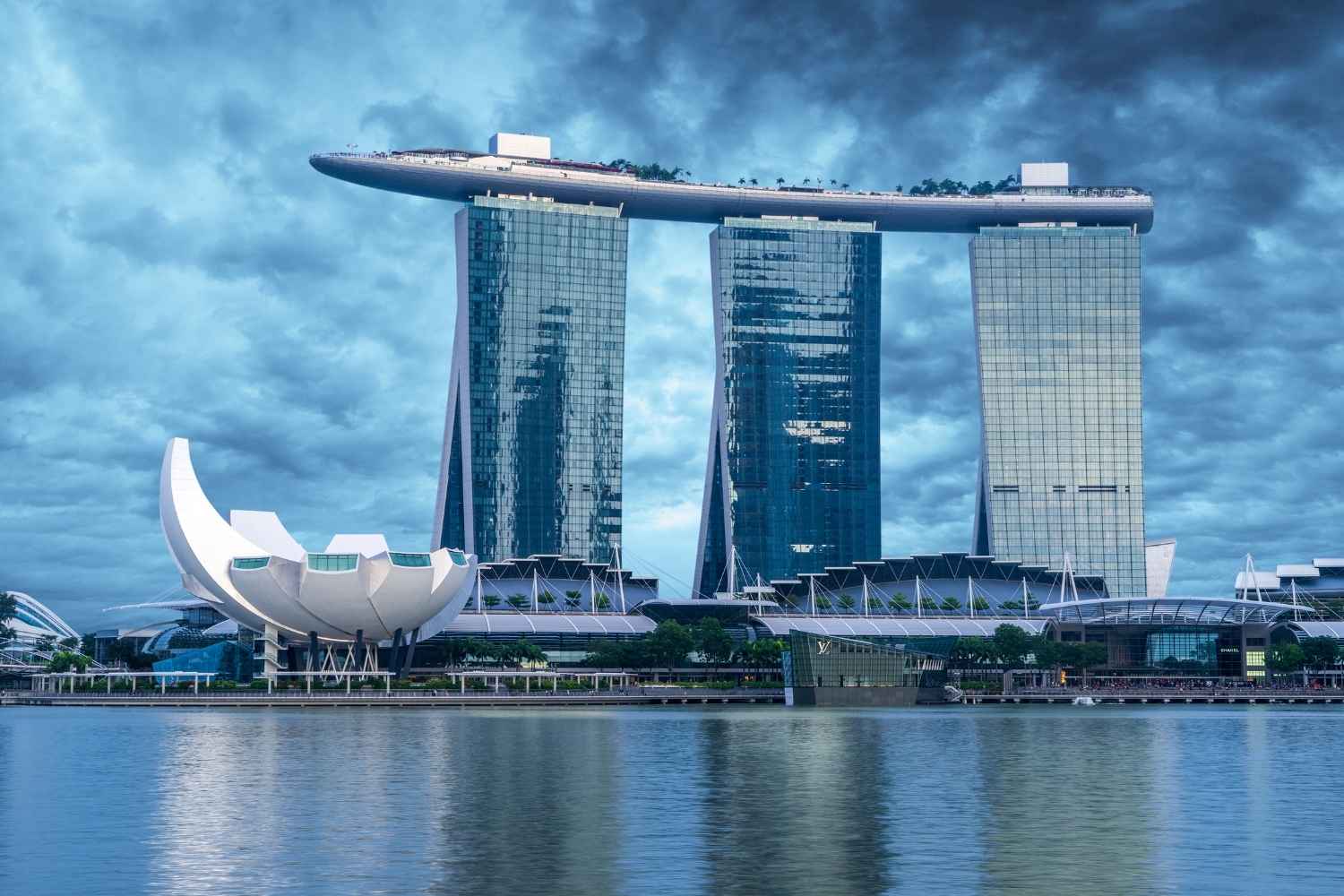
From seeing historic temples to appreciating busy cityscapes, visiting Asia presents a rainbow of experiences. Still, negotiating the visa requirements for certain Asian nations can be challenging. This article will make sure you are ready for your trip by clarifying the several visa choices open for visiting Asia.
1. Visas for Traveling Visitors
Most often used visas for visitors to Asia are tourist visas. Usually short-term, these visas let you travel the nation for leisure. The following are some illustrations:
Thailand: grants numerous countries’ visa exemptions for stays up to thirty days. Extended visits call for a tourist visa.
Japan: Exempts several nations from visas for stays up to ninety-days. More extended stays call for a tourist visa.
India: Most nations call for a tourist visa, which the e-Visa system allows one to get online.
2. Business Visas
Business visas are for those heading to Asia for business-related events including contract negotiations, conference attendance, or meeting attendance. For instance:
China: For business activity, a business visa—M visa—is needed. Usually, one needs an invitation letter from a Chinese company partner.
Singapore: Provides a business visa for transient corporate operations. Candidates have to offer a letter of introduction from a Singaporean business.
Malaysia: Visits connected to business call for a business visa. You really need an invitation letter from a Malaysian company.
3. Student Visas
Many eminent Asian colleges draw students from all around the world. Those intend to study in Asia must have student visas:
For students registered in academic programs, South Korea grants a D-2 student visa. One needs proof of admittance as well as financial means.
China: grants long-term study students an X visa, a student visa. Candidates must present an admittance letter from a Chinese university.
Japan: Those participating in educational programs must have a student visa. One needs an entrance certificate from a Japanese institution.
4. Work visas
Work visas are quite vital for anyone looking for job in Asia. Different countries and kinds of work define these visas:
Singapore: grants managers, executives, and professionals an Employment Pass. One needs a job offer from a Singaporean corporation.
Japan offers several work visas based on the nature of employment; examples are the Engineer/Specialist in Humanities/International Services visa.
South Korea: Foreign workers must have an E visa, a work visa. One needs a job offer from a corporation from South Korea.
5. Visas from Families
Family visas let people accompany their Asian nation resident or citizen family members:
India: Provides family members of Indian nationals or residents an Entry (X) visa.
Japan: Grant family members of foreign nationals a dependent visa.
Thailand: Family members of Thai nationals or residents must use a Non-Immigrant O visa.
In essence,
A successful and easy trip depends on knowing the several visa choices open for visiting Asia. Knowing which visa to apply for will save you time and effort regardless of your trip—leisure, business, education, or family reunion. Our speciality at Visa Consultancy Services is helping you negotiate the convoluted visa application process. Our knowledgeable staff is here to assist you at every stage, so guaranteeing a hassle-free Asian vacation.
Contact Visa Consultancy Services now for individualised help and professional advice. Allow us to guide you over the complex realm of Asian visas and realize your vacation aspirations.
Knowing the several visa choices for visiting Asia helps you to better get ready for your trip and guarantee a seamless application procedure. Count on Visa Consultancy Services to offer the knowledge and help you want for a strong visa application.

Post a Comment